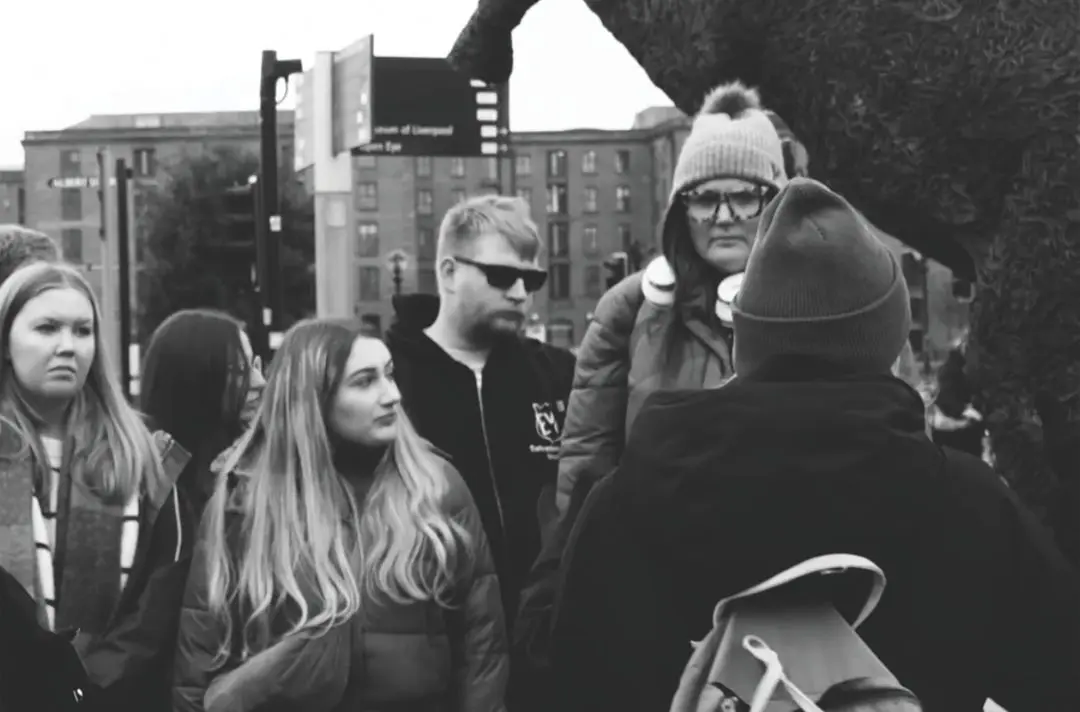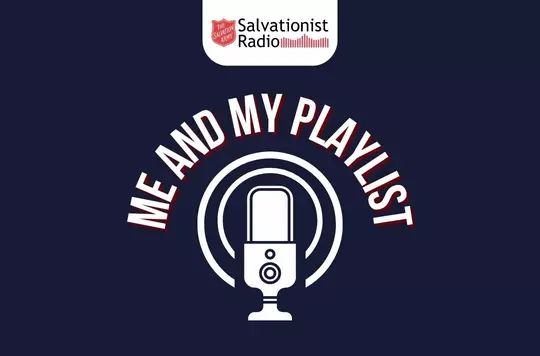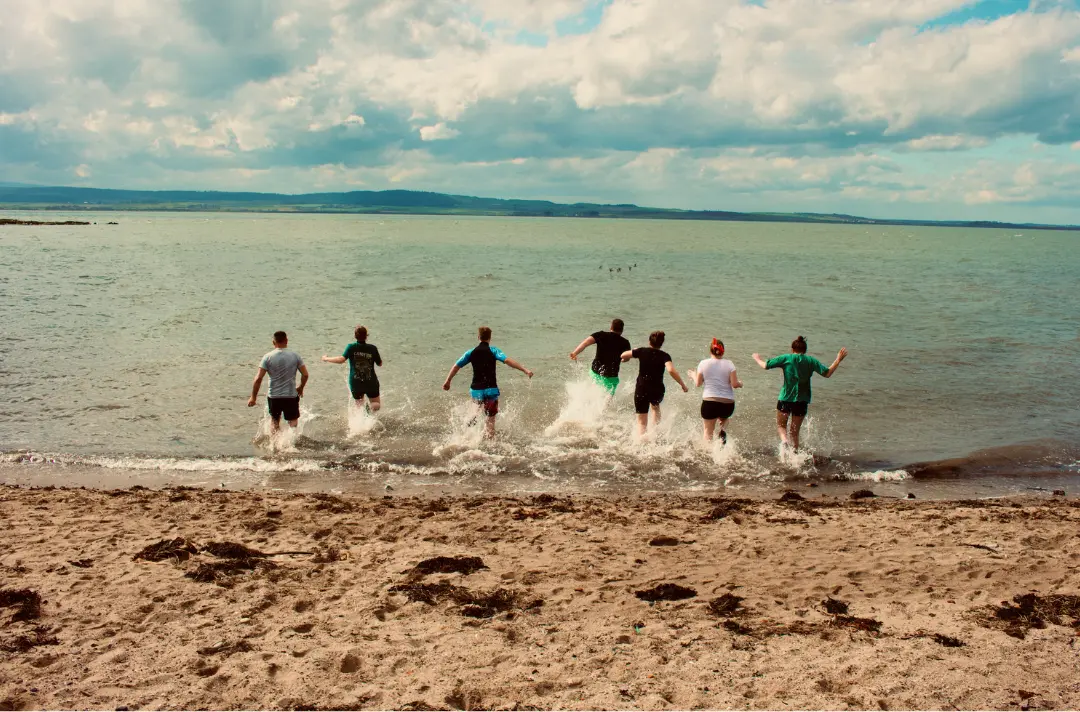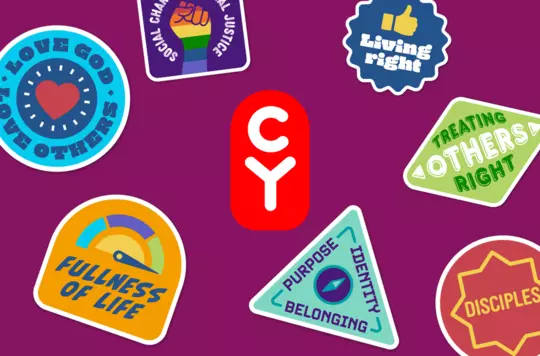26 April 2025
Looking to God for hope amid suffering
Amelia Burr

Amelia Burr reflects on a recent Terrain weekend in Liverpool and how we move through suffering.
For the city where I live, I wondered what else Liverpool could show and teach me, particularly in terms of suffering. Liverpool is a vibrant city, constantly full of life where no two people are the same.
Diversity isn’t just a characteristic of the city; it is something that is celebrated. However, buried beneath the surface is a history where people suffered, cast away as ‘other’.
Throughout a day spent in Liverpool with my Terrain cohort earlier this year, we were taken to sites that represent significant suffering that has taken place.
We started at the Albert Docks, a location I have been to many times before. Beautiful views, shops, cafés, museums and artwork hide the fact that these docks were heavily used for the transatlantic slave trade.
We then moved to Anfield stadium, a place that’s usually buzzing with excitement for a match or a concert about to take place, where people come together to celebrate something they love. Yet it is also a reminder of the Hillsborough disaster and the 97 people who died.
Finally, we entered Liverpool Cathedral, which has impressive architecture, stunning stained-glass windows and a cross – a reminder that Jesus suffered, was beaten and brought to nothing.
When we start to think about suffering, two questions often come to mind. Why do people suffer? And how can God allow this suffering? Surely, an omnipotent God can stop it.
We know that, as we live in a fallen world where humans have free will, this cannot be the case. However, we can wonder where God is within people’s suffering.
Throughout the weekend, at each location, we dived into Mark’s Gospel trying to answer the question: how do we move through suffering? I really had no idea how Mark, a book written almost 2,000 years ago, would resonate with events that have taken place in Liverpool. However, we looked at Mark not as a story, but as an example.
Mark 4:35–41 talks about how Jesus calmed the storm when the disciples were crossing the Sea of Galilee. The disciples were not expecting a storm so big that even experienced fishermen were afraid.
They were also not expecting Jesus to sleep through it. However, with his power, Jesus calmed the storm. Big storms can come unexpectedly, and it can sometimes feel like God is asleep, but God is always with us. He might not get rid of the storm, but he is there to guide us through it.
Mark also shows us Jesus’ power to set people free. In Mark 5:1–20, Jesus restored a demon-possessed man so disturbed by himself that he cut himself with rocks.
Jesus did not judge this man or label him as different; he served and helped him. It is dangerous to regard people as less than others and, as Christians, we should be the first people to support those seen as less.
Sadly, however, this isn’t always the case as, like the people of his day, who saw this possessed man as unclean and asked Jesus to get rid of him, we can sometimes avoid certain people for the fear of being considered less than.
It is clear, though, that in God’s eyes we are all his children and regarded as equal. This is seen by him sending his Son to die on the cross to save us from our sins – because freedom shouldn’t be a privilege, but a state we all live in.
Within all this, we must trust, listen, encounter and have the patience to know that God will show up in times of need. It wasn’t until I looked up that I noticed.
Maybe we are the ‘other’ as a Christian body. Is that such a bad thing? I quite like the idea of being the ‘other’. Jesus was the ‘other’ when he suffered on the cross. Shouldn’t we strive to be the same?
Written by

Amelia Burr
Preston
Discover more

A course for 18–25 year olds to explore who God is, who they are and what that could mean for the world.

Get to know a young person linked to The Salvation Army as they share five tracks they love.

Abi Miller (Paisley Citadel) encourages us to shift our focus and see things from God’s perspective.

